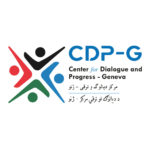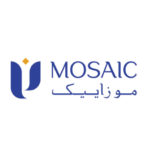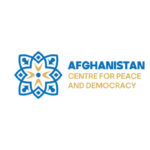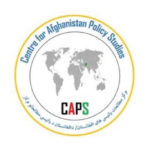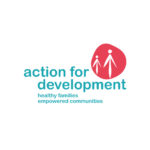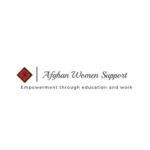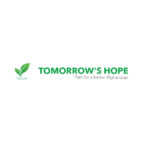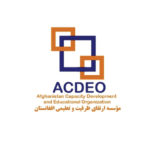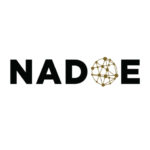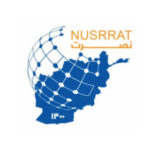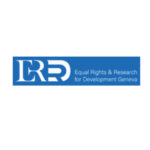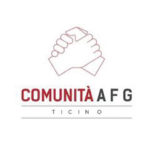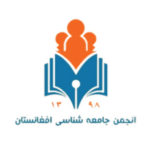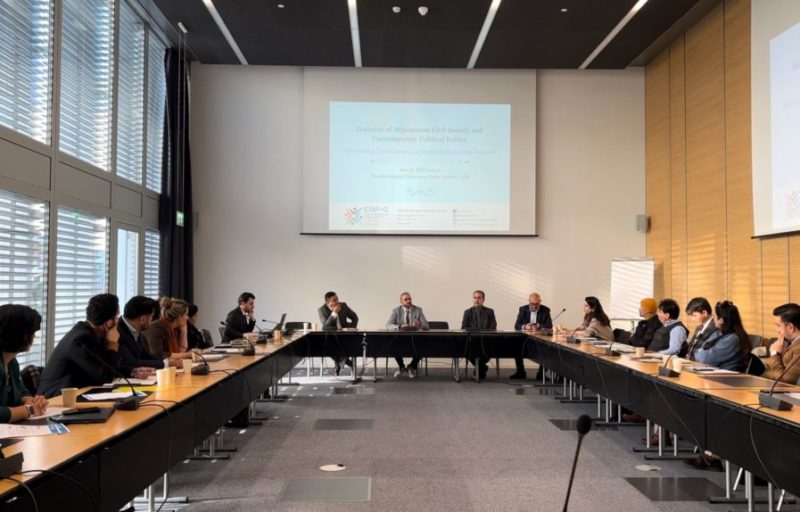
Afghanistan Civil Society Network
The momentum generated during this conference led to a subsequent gathering in Antalya, where over 80 participants from diverse backgrounds actively contributed to the objectives of these conferences, primarily aimed at nurturing a robust network among civil society leaders, professionals, and advocates of democracy within the diaspora.
Representatives of 30 different CSOs gathered in Geneva and approved the establishment of the Framework for CSOs network including a Leadership Board and a Secretariat.
The Afghanistan Civil Society Network Secretariat is established to serve as an inclusive, diverse, and democratic civil society platform for fostering collaboration, communication, and synergy among its members, which includes over 20 CSOs, civic activists, and stakeholders from Afghanistan, Europe, and the UK.
Our Mandate
Facilitation and Collaboration: Building and maintaining a network of CSOs, activists and stakeholders and facilitating the exchange of information, resources, and best practices.
Research and Policy Engagement: Conducting research on various topics and providing expertise and analysis on policy issues as well as engaging with policy makers and stakeholders to influence decisions.
Advocacy and Representation: coordinating collective efforts to advocate for common causes and serving as a unified voice for the people of Afghanistan.
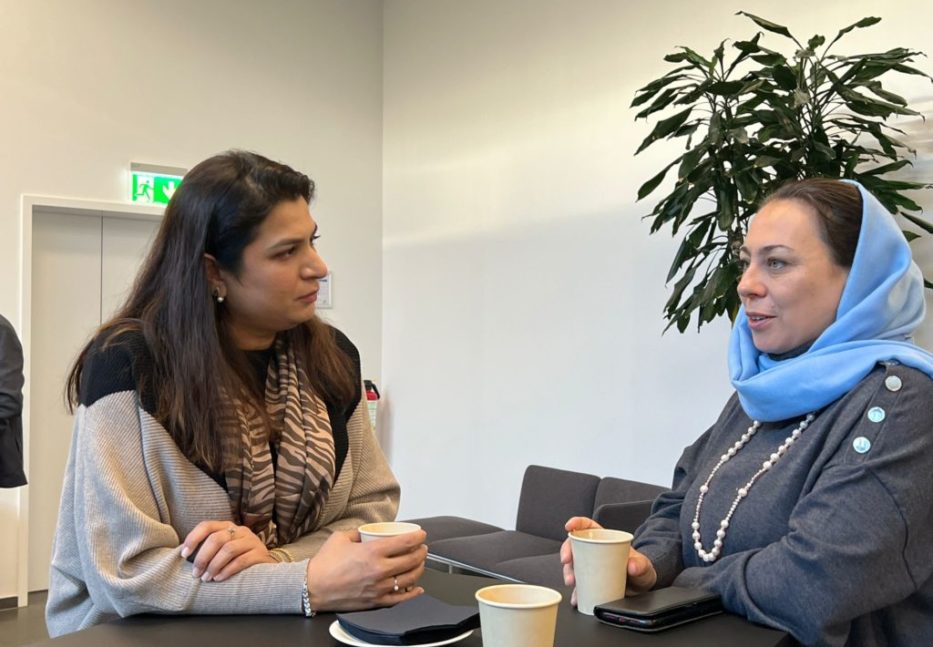
Our mission is to achieve sustainable peace and the re-establishment of the rule of law, civic values, and human rights in Afghanistan.
The Forum operates based on inclusivity, transparency, accountability, and respect for diversity. It upholds the values of human rights, social justice, and equality among all citizens of Afghanistan.
Governance Structure
The General Assembly
The General Assembly will be the highest decision-making body of the Forum at which members of the leadership are elected for a one-year term. The Forum will bring together individuals and representatives of civil society organisations from both inside and outside Afghanistan. It will be a leading civil society event for Afghanistan that provides networking as well as experience-sharing opportunities. The meeting will be a platform where the sector wide challenges and opportunities, concrete projects and ideas are discussed, and new partnerships are built to contribute to realising the overall goals of the Forum and shaping the events and Afghanistan’s future. The meeting also approves the by-laws, resolutions, and statutes of the Forum.
The Leadership Council
The Leadership Council is the representative body of the Forum with a mandate from civil society both inside and outside Afghanistan. It serves as the governing board of the Forum consisting of members elected for a one-year term by the Forum at its annual assembly and meets four times per year to develop strategies for future development and guide the activities of the Forum. The minutes of the Leadership Council meetings are noted by the Secretariat, which is also present at the meetings. The minutes of each meeting are made available to the public. Leadership Council members act voluntarily.
The first meeting of the General Assembly took place in Geneva, organized by the Centre for Dialogue and Progress – Geneva, during which the leadership council and Secretariat members were appointed.
Secretariate
The Secretariat is an executive body that reports to the Leadership Council. The Secretariat works to support the activities of the Leadership Council and Forum in general and serves as the Forum information, coordination, and expertise hub for the Forum members. The Secretariat ensures greater visibility of the activities of the Forum, TWG, and increased partnership of the civil society with Afghanistan’s international partners. It will liaise with the international community including governments and international organisations.
Moreover, there will be Thematic Working Groups (TWGs) within the Forum. These TWGs will be organised along the proposed priorities endorsed by the Leadership Council and the General Assembly for the Forum.
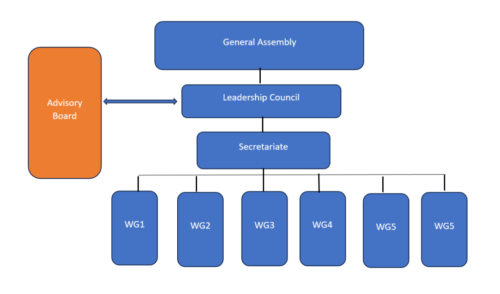
Advisory board
The advisory board will include prominent leaders from government, international civil society, academia, and the private sector. They will provide strategic advice and guidance to the leadership council to steer the forum towards realizing its overarching objectives.
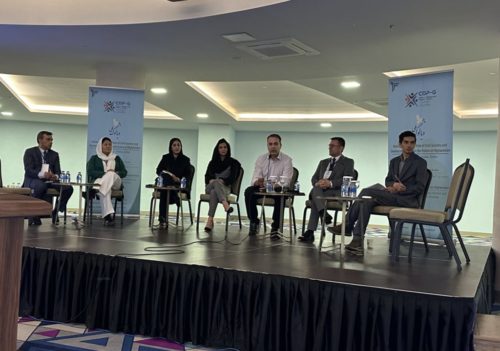
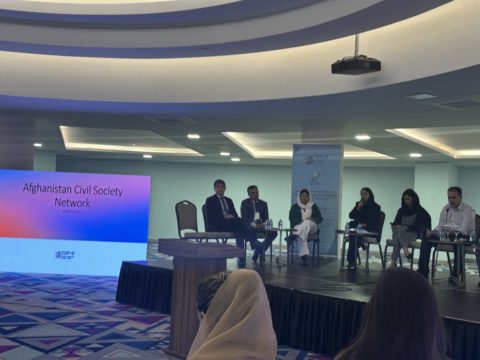
CDP-G is committed to working individually and collectively through the Network on implementing the conference’s recommendations, including organizing dialogues, facilitating interactions among participants, and providing secretarial and convening support to the network and expert groups to feed into a national dialogue on the future of Afghanistan.
Networking among CSOs at Antalya Conference 2024
During the 2024 Antalya Conference, a consensus emerged regarding the crucial role of civil society in shaping the future dialogue on Afghanistan. Concrete recommendations were formulated, emphasizing the importance of broadening the existing network and integrating new partners into the process. Furthermore, it was decided that another round of meetings for Civil Society Organization (CSO) members would be scheduled as part of the ongoing initiatives arising from the conference discussions.
Recommendation:
- Strengthen cohesion among democratic forces to enhance visibility and impact.
- Involve representatives of the rural population in discussions and dialogues.
- Articulate clear and actionable plans.
- Strive for assuring sustainability, shifting to Afghan leadership and from projects to volunteerism.
- Create and strengthen networks and platforms of collaboration and joint work.
- CDP-G continues holding dialogue conferences, engaging the contemporary civil and democratic forces.
The activities of the Civil Society Network formed of a group of organizations with the Center for Dialogue and Progress – Geneva (CDP-G) serving the secretariat role – a byproduct of the national dialogue conferences- were introduced to the participants. The forum could serve as a platform for collaboration and mutual support. Participants also shared their ideas on developing various aspects of the Network. The Network will explore areas of collaboration and practical action. Membership of the network is open to all civil society organizations.
Civil Society Network Member Organizations
